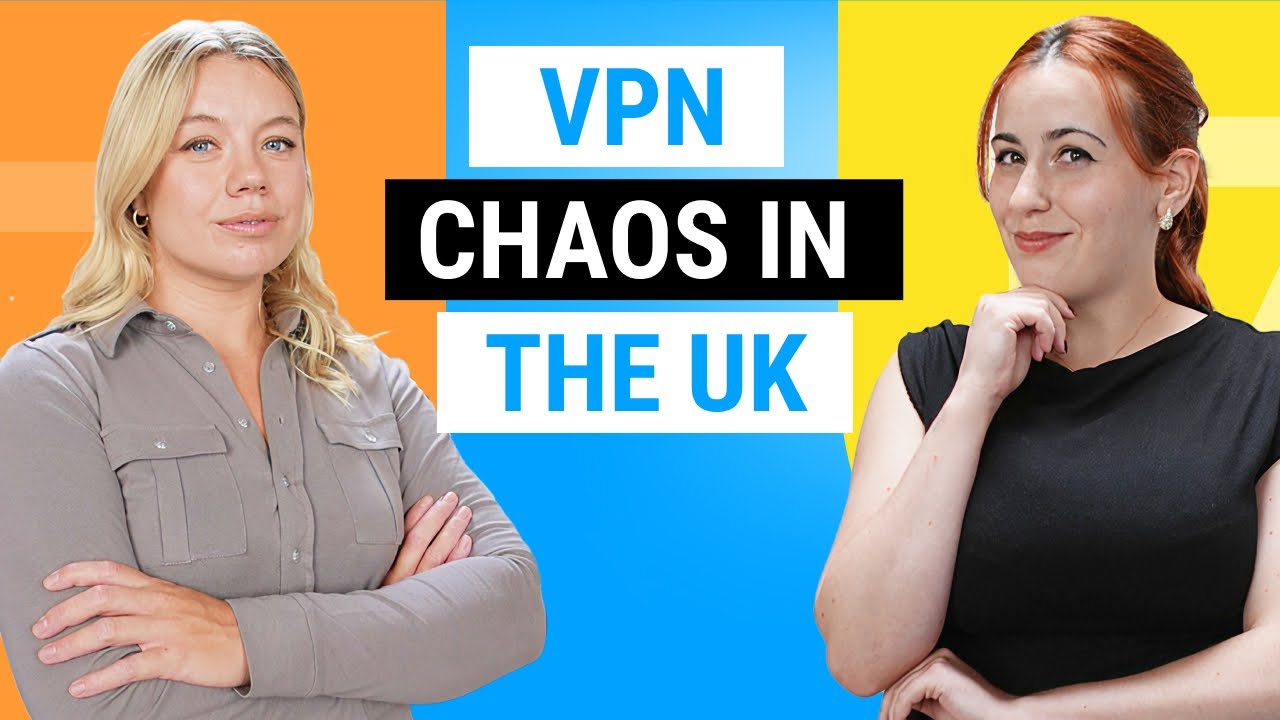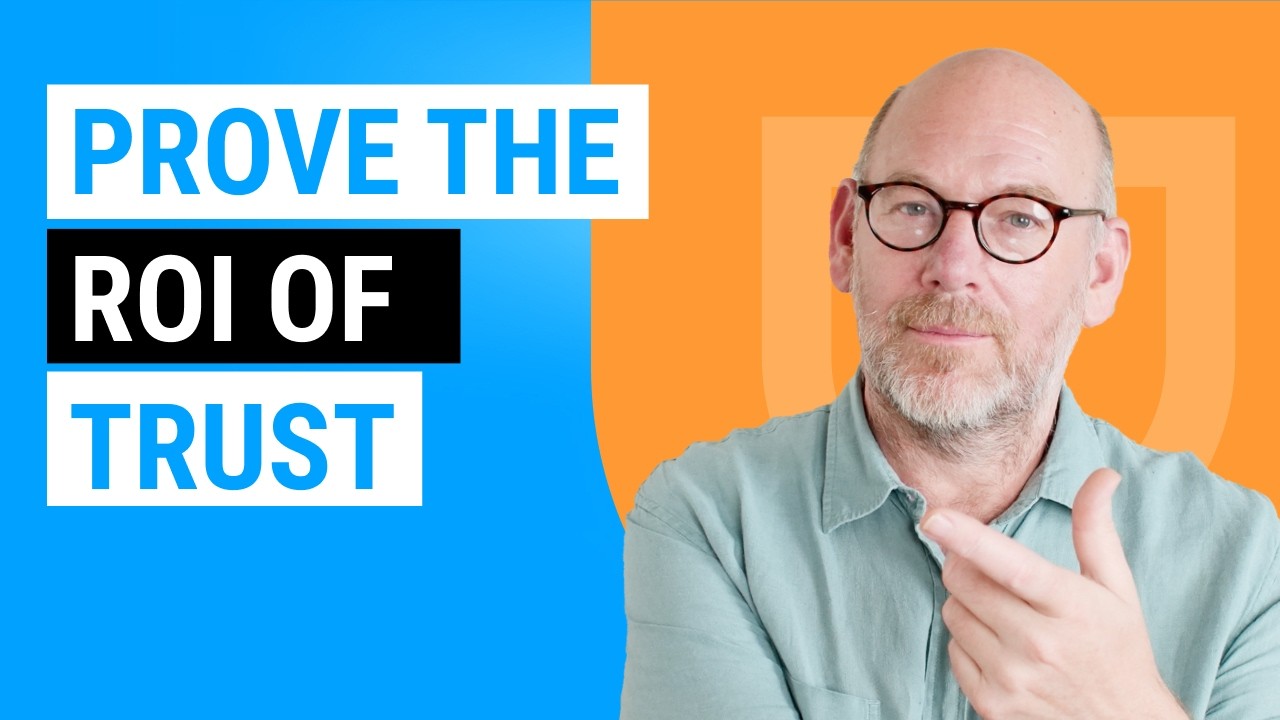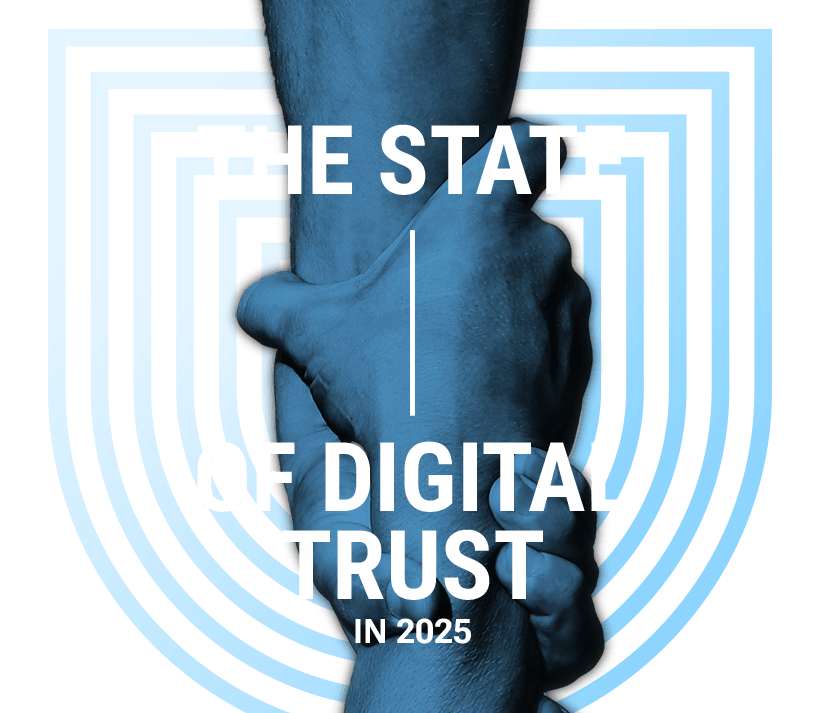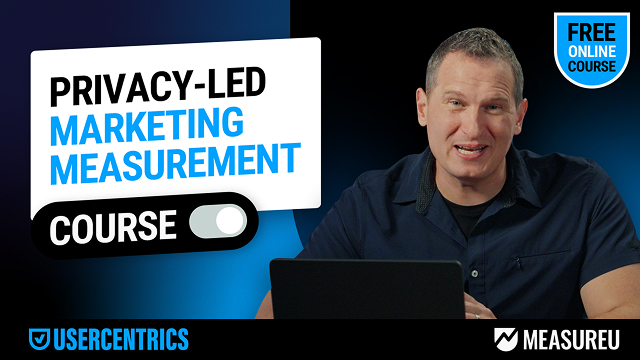Once upon a time in marketing, there was a wild data gold rush — where hoarding every scrap of information led to invasive targeting and shattered trust.
But those days are over. Consumer trust is becoming harder to earn and keep. Read our latest report “The State of Digital Trust in 2025” to understand why.
Welcome to a new era, where transparency, consent, and respect for user preferences reign supreme. Brands now flourish with integrity, consumers trust again, and sustainable growth is the norm.
And yes, everyone in the marketing kingdom lived happily ever after.
The End.
Okay, this is actually just the beginning…
 How Users Are Outsmarting the UK’s Age Verification Law | The Privacy-Led Marketing Show·4 months ago
How Users Are Outsmarting the UK’s Age Verification Law | The Privacy-Led Marketing Show·4 months ago The Trust Gap That’s Costing You Millions | The Privacy-Led Marketing Show·5 months ago
The Trust Gap That’s Costing You Millions | The Privacy-Led Marketing Show·5 months ago AI Sets Your Plane Ticket Price | The Privacy-Led Marketing Show·6 months ago
AI Sets Your Plane Ticket Price | The Privacy-Led Marketing Show·6 months ago Are you measuring what actually matters? | The Privacy-Led Marketing Show·6 months ago
Are you measuring what actually matters? | The Privacy-Led Marketing Show·6 months ago Brand Trust in the Age of Eavesdropping | The Privacy-Led Marketing Show·7 months ago
Brand Trust in the Age of Eavesdropping | The Privacy-Led Marketing Show·7 months ago How should AI agents fit into your business? | The Privacy-Led Marketing Show·7 months ago
How should AI agents fit into your business? | The Privacy-Led Marketing Show·7 months ago
How Users Are Outsmarting the UK’s Age Verification Law | The Privacy-Led Marketing Show
•
4 months ago
Dive deeper into the world of Privacy-Led Marketing
Future-proof your marketing measurement strategies
The shift from data-centricity to user-centricity
“The fact is that it’s been pretty ugly in ad tech for the past 30 years. Users’ data has been harvested without any limitations and with very few repercussions. With the emergence of privacy legislation, tracking protections, and a rising understanding among the general public just how much of this harvesting is going on, things are now changing, hopefully for the better.”
*Edelman Trust Barometer (2023)
**McKinsey & Company, Digital Trust Survey (2022)
Overcoming the data paradox in marketing
“For too long, user data privacy has been defined as a trade-off between growth and compliance. The care for data privacy has now started to flourish, and the next decade will be all about advertisers learning to drive performance while respecting customers’ preferences for data handling.”






